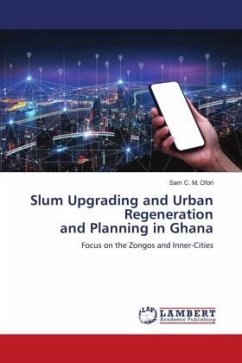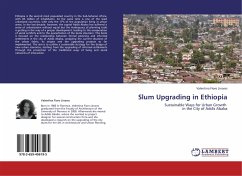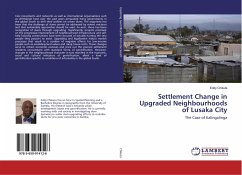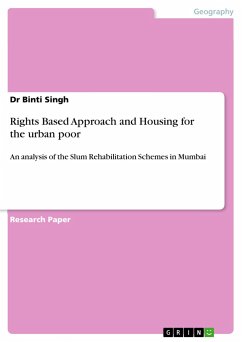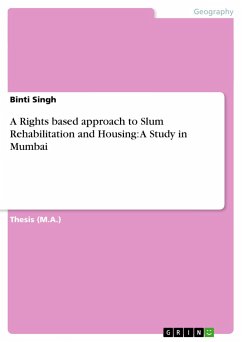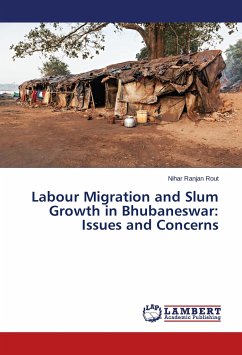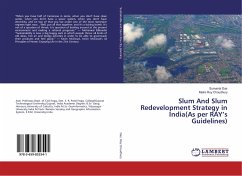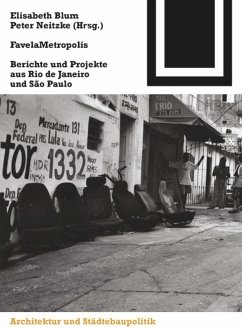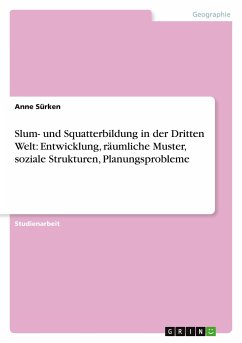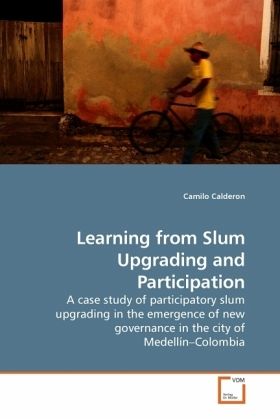
Learning from Slum Upgrading and Participation
A case study of participatory slum upgrading in the emergence of new governance in the city of Medellín Colombia
Versandkostenfrei!
Versandfertig in 6-10 Tagen
45,99 €
inkl. MwSt.

PAYBACK Punkte
23 °P sammeln!
This monograph compiles a highly discussed issue present in many cities of the developing world today; it brings forward the importance of facing the challenges that slums create to today s cities and the mechanisms used for tackling such challenge. The study focuses on the use of participatory planning approaches in the context of slum upgrading, giving the reader an insight to the advantages and challenges of such approach. It is built around a model of participatory slum upgrading in the city of Medellin, Colombia, called PUI - Proyecto Urbano Integral (Integral Urban Project). The principl...
This monograph compiles a highly discussed issue present in many cities of the developing world today; it brings forward the importance of facing the challenges that slums create to today s cities and the mechanisms used for tackling such challenge. The study focuses on the use of participatory planning approaches in the context of slum upgrading, giving the reader an insight to the advantages and challenges of such approach. It is built around a model of participatory slum upgrading in the city of Medellin, Colombia, called PUI - Proyecto Urbano Integral (Integral Urban Project). The principles, methods and tools of the PUI Model and its implementation, are evaluated based on theories and experiences dealing with the topic. The results of the evaluation show that even though there was a strong political will towards using principles of participatory planning and slum upgrading approaches, there is still the need of deeper understanding of such concepts and how these can be implemented. Nevertheless, it is shown that even with these shortcomings, participation in the context of slum upgrading is a strong tool for bringing benefits to the people of such areas.



